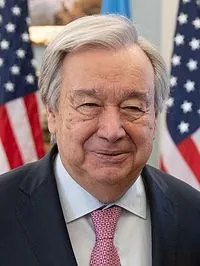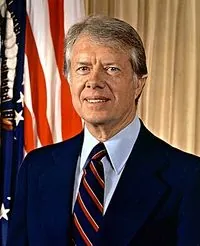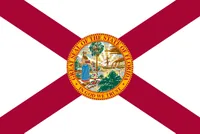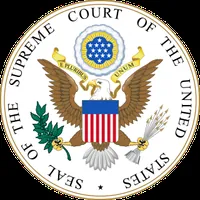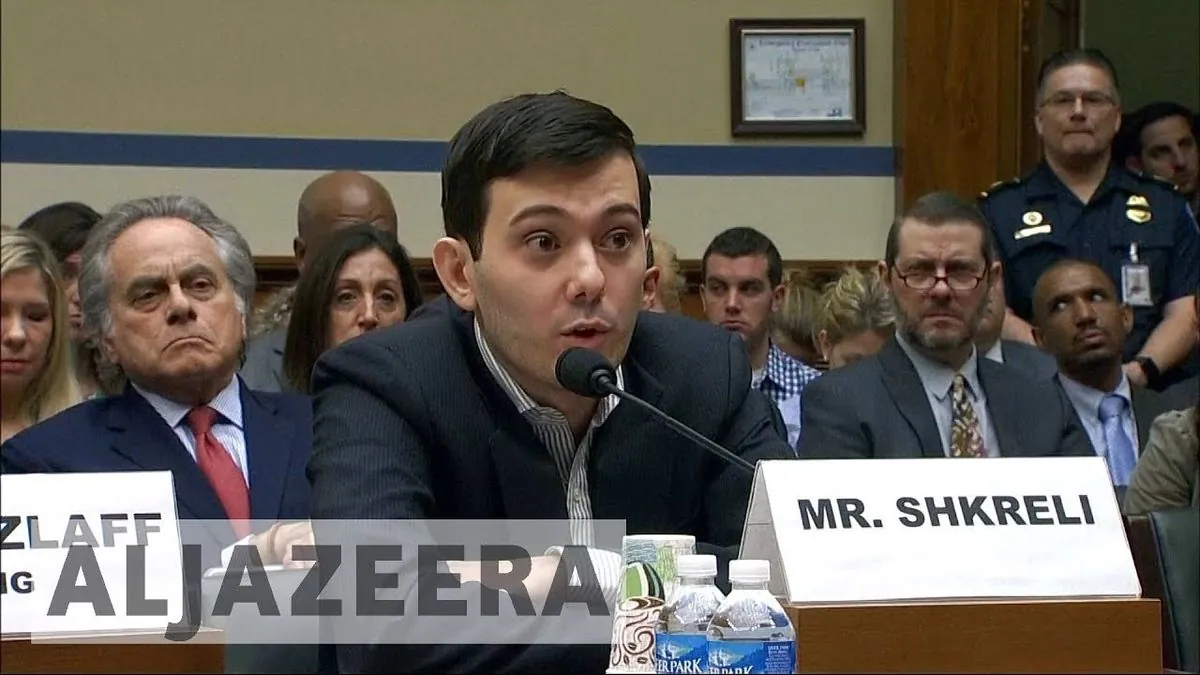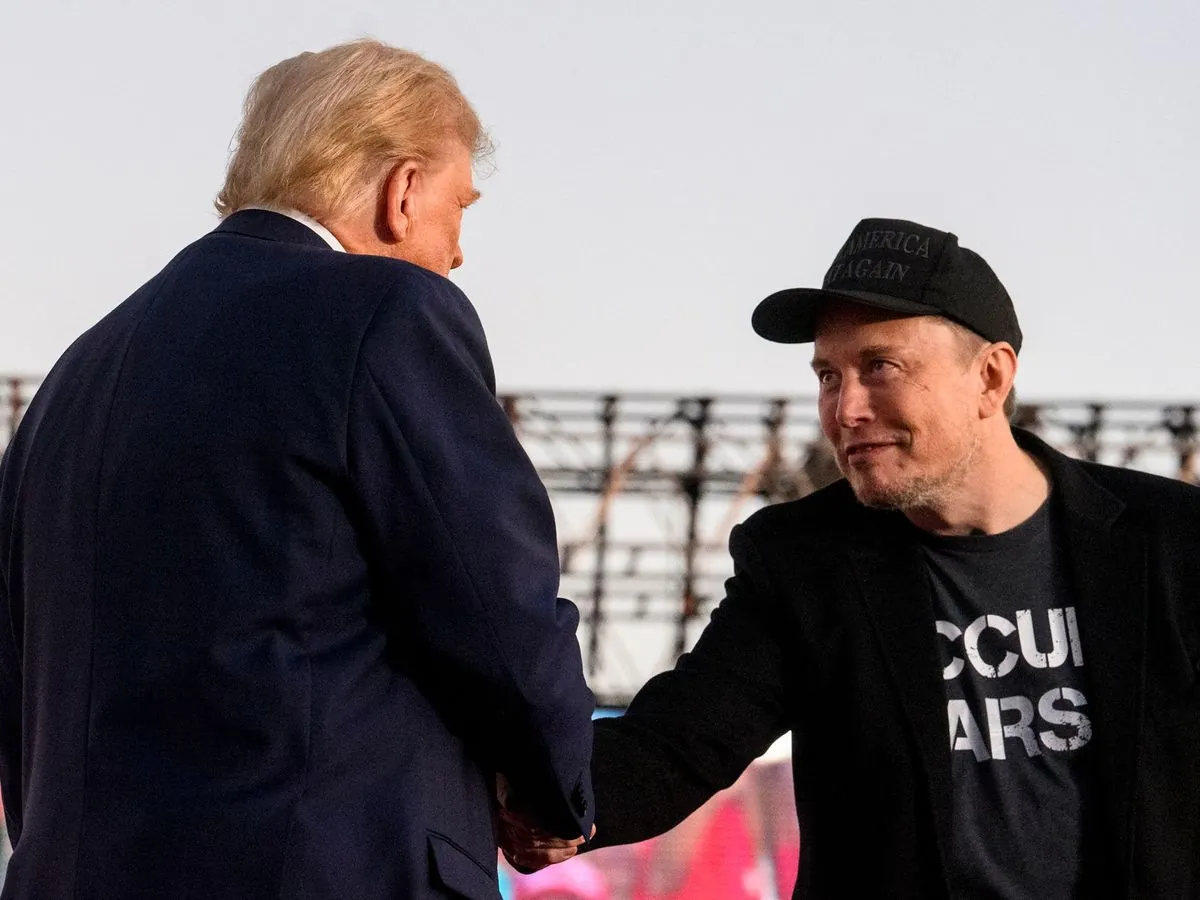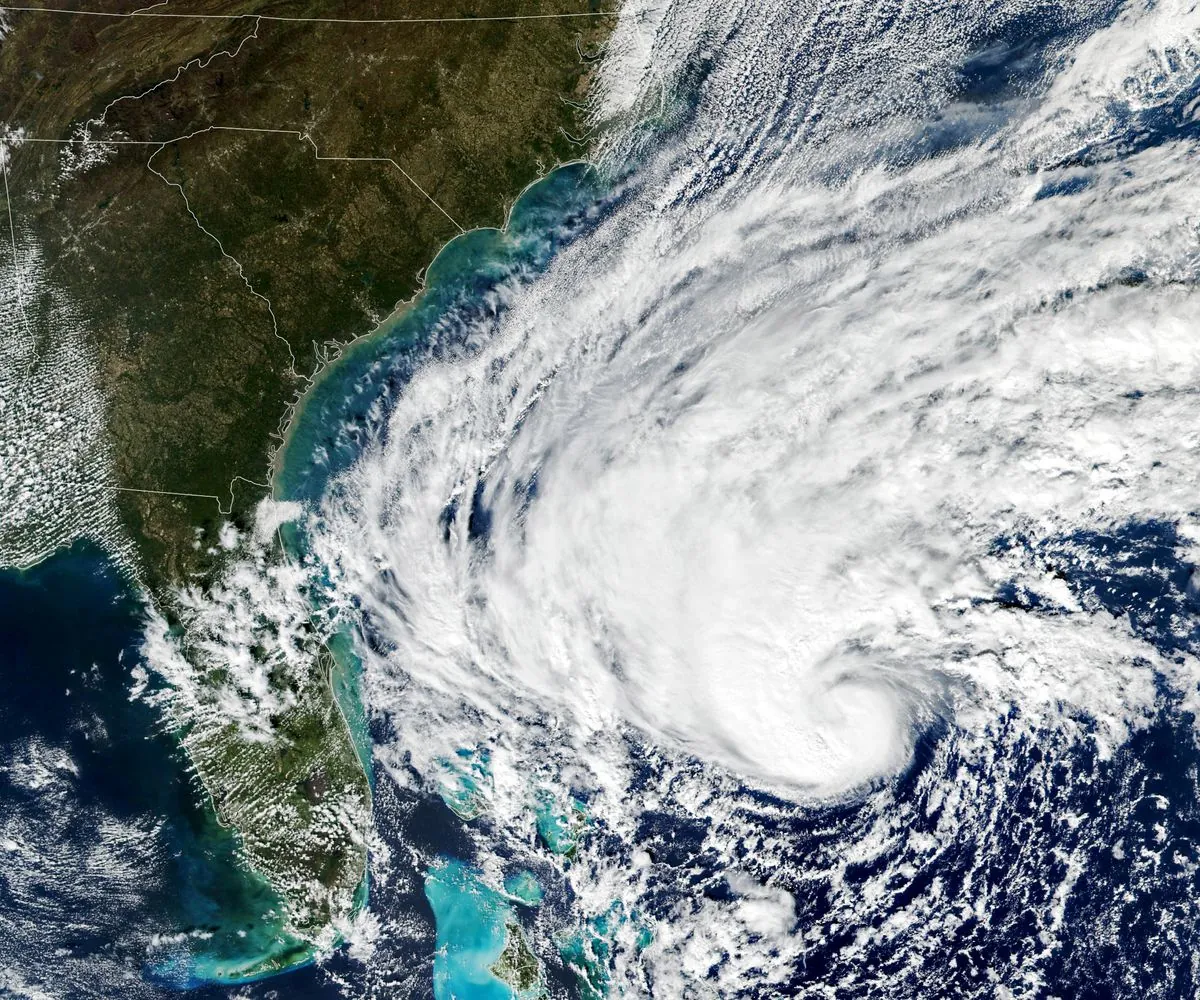Brazil's Municipal Elections Signal Conservative Shift in Political Landscape
Centrist and center-right parties gain ground in Brazil's local elections, reflecting a conservative trend. Incumbent mayors retain power in half of state capitals, setting stage for 2026 presidential race.
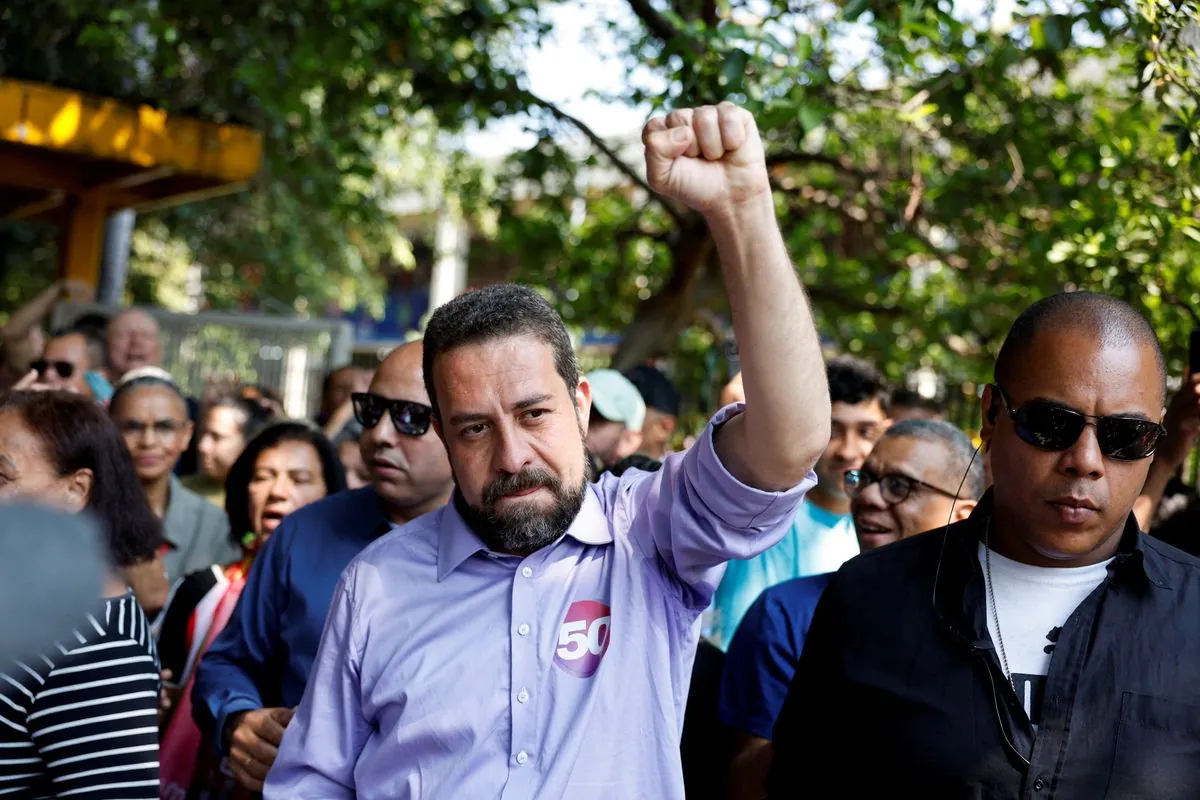
In Brazil's recent municipal elections, centrist and center-right parties have emerged victorious, securing control of city halls and town councils across the nation. This outcome underscores a notable conservative shift in the Brazilian electorate, as the ruling Workers Party (Partido dos Trabalhadores) experienced a decline in support.
The election results paint a complex picture of Brazil's political landscape. Jair Bolsonaro's Liberal Party (Partido Liberal) claimed victory in two state capitals and advanced to runoff elections in nine cities, outperforming candidates backed by current President Luiz Inácio Lula da Silva. However, it was the "Centrao" coalition—a group of centrist and center-right parties known for their pragmatic approach—that secured the most mayoral seats.
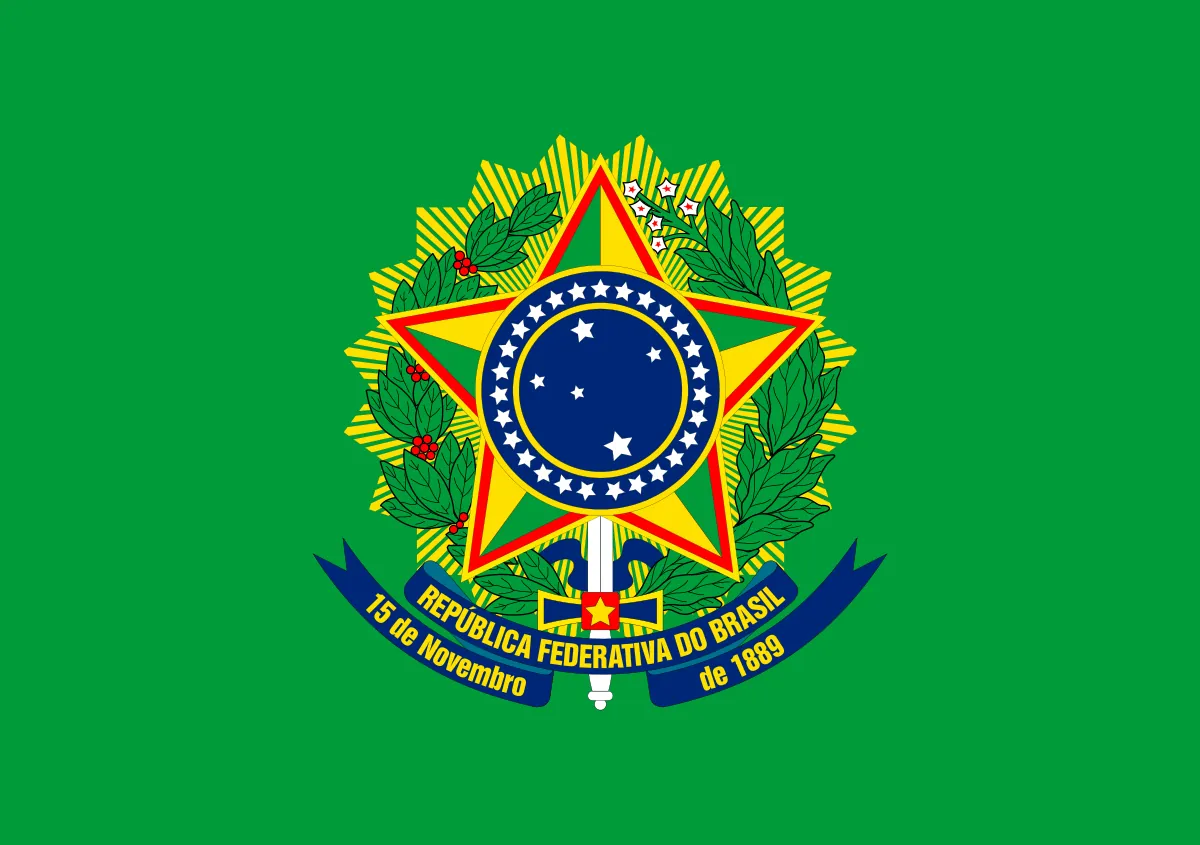
Brazil's multi-party system, established after the end of military rule in 1985, has led to a fragmented political landscape. The country's current constitution, promulgated in 1988, provides the framework for its democratic processes, including mandatory voting for citizens aged 18 to 70. This system has contributed to high voter turnout and engagement in local elections.
In São Paulo, Latin America's largest city, a tight mayoral race has set the stage for an October 27 runoff between incumbent conservative Ricardo Nunes and leftist challenger Guilherme Boulos. The close contest, which saw far-right digital influencer Pablo Marçal narrowly miss the runoff, highlights the persistent anti-establishment sentiment among Brazilian voters.
"The surge in votes for outsider candidates like Marçal demonstrates that Brazilians are still seeking alternatives to traditional politics. This could be a decisive factor in the 2026 presidential race."
The municipal elections have also bolstered the political capital of several regional leaders. Notable figures include Pará Governor Helder Barbalho, House Speaker Arthur Lira in Alagoas, ACM Neto in Bahia, and São Paulo Governor Tarcísio de Freitas. The latter, in particular, has emerged as a potential standard-bearer for the Brazilian right and a possible presidential contender in 2026.
These local elections, held every four years, serve as a crucial indicator for future congressional and presidential races. While campaigns primarily focused on local issues, the results provide insights into the broader political trends shaping Brazil's democracy. The country's political system, comprising 26 states and one federal district, continues to evolve in response to various challenges, including corruption scandals and economic struggles.
As Brazil looks ahead to the 2026 presidential election, the political landscape remains dynamic. Lula da Silva, currently serving his third non-consecutive term, is expected to seek re-election. Meanwhile, Bolsonaro faces a ban on running for elected office until 2030 due to his unfounded attacks on Brazil's voting system during his presidency.
The outcome of these municipal elections reflects the ongoing transformation of Brazilian politics, with implications that extend far beyond local governance. As the country navigates its political future, the balance between established parties and emerging forces will continue to shape Brazil's democratic trajectory.













